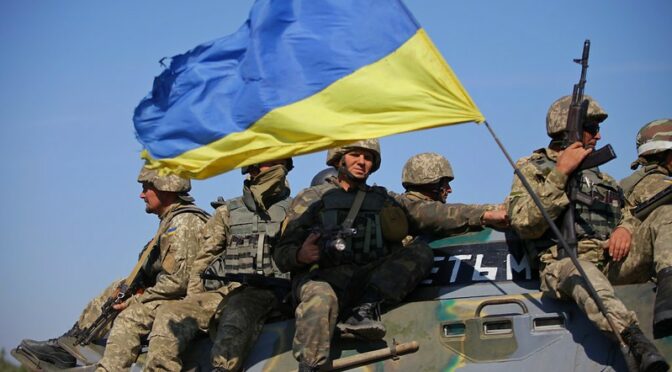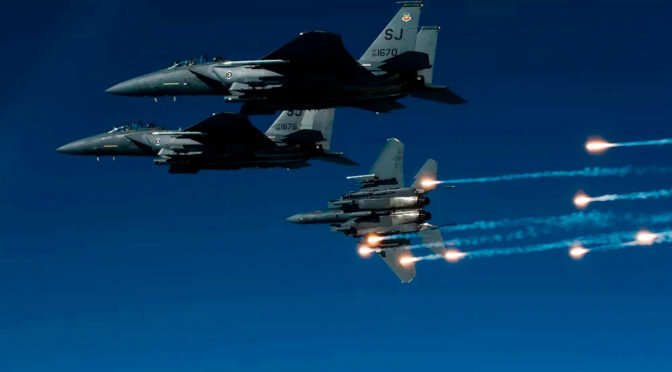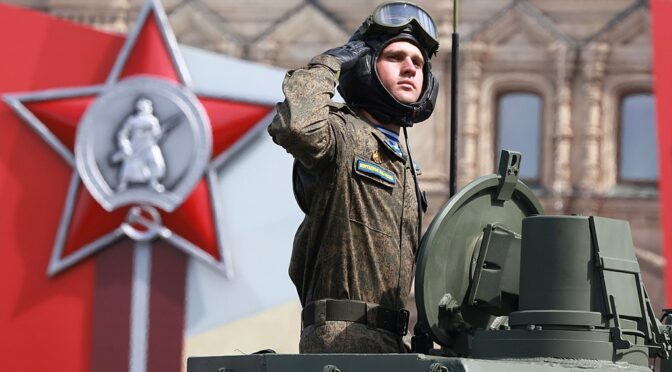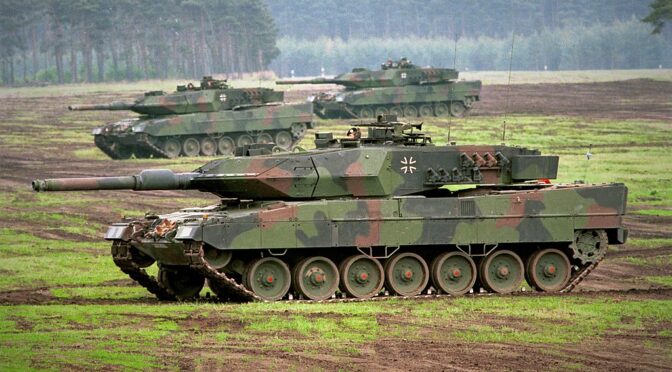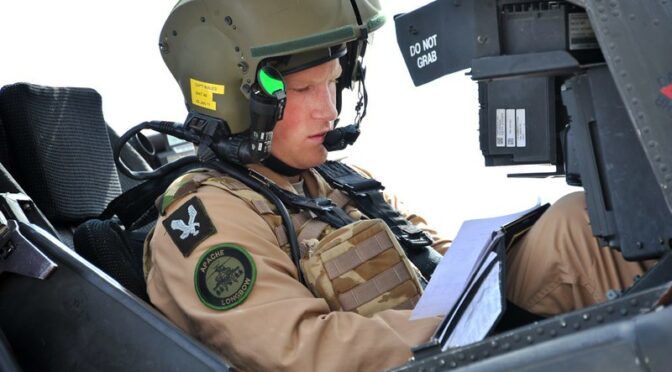Article published in The Daily Telegraph, 14 March 2023. © Richard Kemp
One of the bloodiest battles in modern European history is taking place in Bakhmut, with reports of more than 1,000 soldiers dying in a single day. But more significantly for the Kremlin, it may also be the site of an extraordinary Russian civil war, playing out on Ukrainian soil between different factions. At the heart of it are two of the most significant parts of the Kremlin’s war machine: the Wagner Group and the Russian ministry of defence.
Their confrontation has been eight months in the making. For while his mercenaries have been at the forefront of the campaign to take Bakhmut, Wagner leader Yevgeny Prigozhin has been waging a political battle of his own, to gain influence in the Kremlin. He seemingly believes he can use sheer military might in Ukraine – with the help of some 50,000 men – to prove himself as a Russian leader. Some think his ultimate goal is to usurp the Russian ministry of defence. Perhaps he wishes to bring all Russian forces under his personal command.
Since May last year, Prigozhin has been striking a public contrast with the Russian army’s humiliation on the battlefield. He openly brags about his own successes, while issuing damning public criticism of Russia’s top brass. He frequently alleges incompetence and even betrayal by Putin’s senior officials. In February, he went as far as to accuse Defence Minister Sergei Shoigu of treason for withholding ammunition from his troops.
As one might expect, the reaction from the ministry of defence has been unforgiving. A new report from the Institute for the Study of War says that Russian generals could be using the Bakhmut death trap as an opportunity ‘to deliberately expend both elite and convict Wagner forces … in an effort to weaken Prigozhin and derail his ambitions for greater influence over the Kremlin’.
In other words, they could be holding back Russian forces and depriving Wagner of ammunition in order to inflict maximum attrition on Prigozhin’s mercenaries. This would be an astonishingly self-interested strategy in the midst of an existential battle for the Russian regime and could be slowing down the advance on Bakhmut. It would mean that the Russian ministry of defence is now prioritising domestic power struggles over the invasion.
Such a zero-sum strategy could hardly be conducted without Putin’s blessing – and indeed it is just the latest in a series of moves by the ministry to diminish Prigozhin and remove Wagner from the order of battle.
Wagner, for example, has hitherto depended largely on convicts taken from Russian jails and labour camps, which make up 80 per cent of its forces in Ukraine. But at the start of the year, that source of recruits was cut off by the Kremlin, with the Russian army reportedly taking them for themselves. Continue reading

